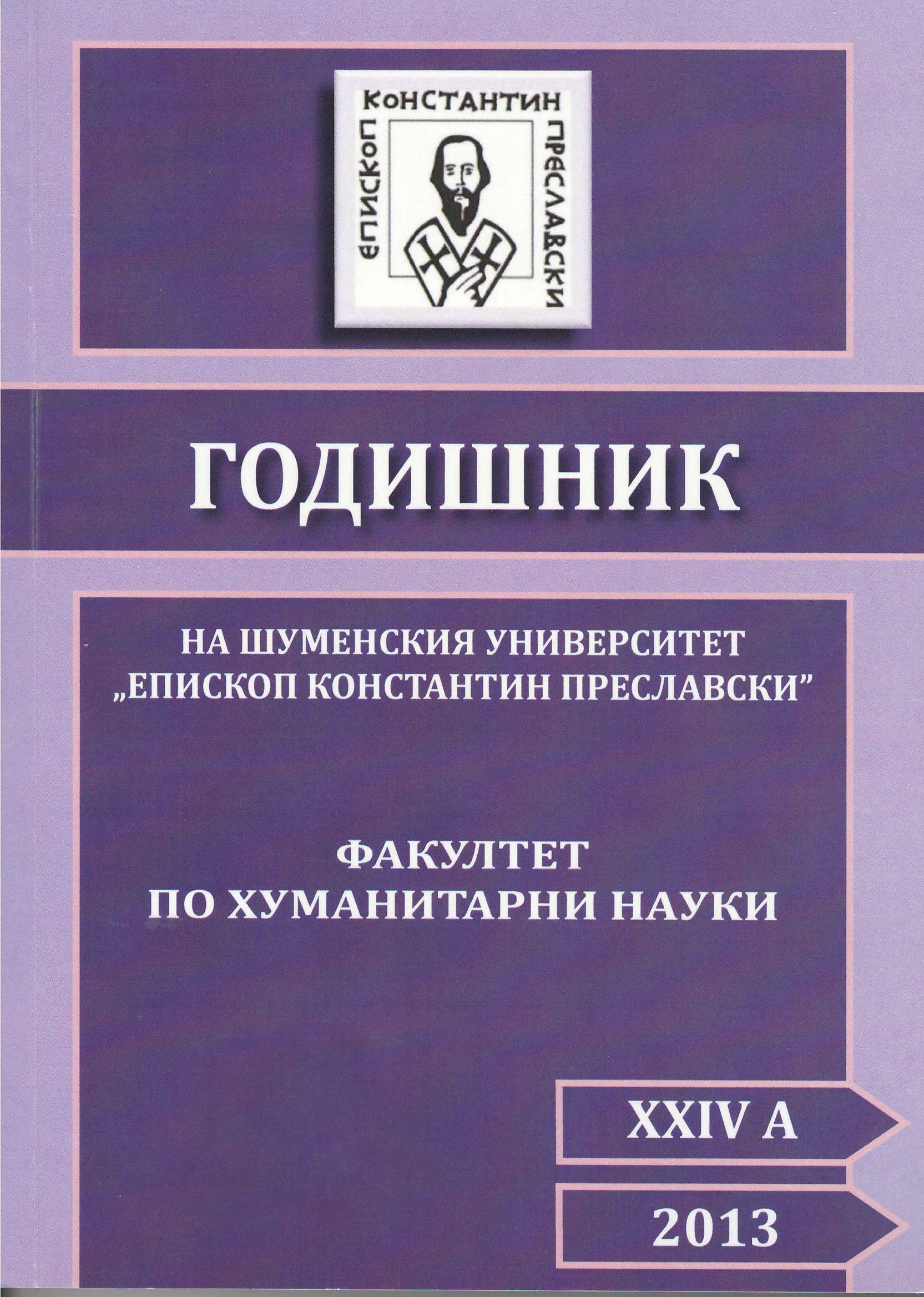Събирателност и политическа оценка (Върху материал от българския политически дискурс)
Collectivity and political assesment (on a material of Bulgarian political discourse)
Author(s): Maria NikolovaSubject(s): Semantics, Pragmatics
Published by: Шуменски университет »Епископ Константин Преславски«
Keywords: collective nouns; political discourse; pragmatic potential; multitude
Summary/Abstract: Although the semantics of collective nouns has always attracted linguists' attention, their pragmatic aspect is still not fully described. The objects of study in this article are the linguistic units with collective significance - nominations of groups of people in Bulgarian political discourse. Some key trends in their use for the purposes of political evaluation are described: 1) the replacement of axiological character in lexemes such as proletariat, elektorat, partiya, koalitsiya and others; 2) activation of collective lexemes from the metaphorical frame "criminal groups of people" such as shaika, banda, mafiya, grupirovka; metaphorical use of non-anthropological lexemes with collective meaning stado, glutnitsa, bokluk, gyubre, sbirshtolyak, matryal and others. Some specific word- and paragraph-formation leading to the appearance of occasional forms with collective semantics and expressive meaning are also discussed.
Journal: Годишник на Шуменския университет "Епископ Константин Преславски". Факултет по хуманитарни науки
- Issue Year: XXIV/2013
- Issue No: 1
- Page Range: 162-190
- Page Count: 29
- Language: Bulgarian

